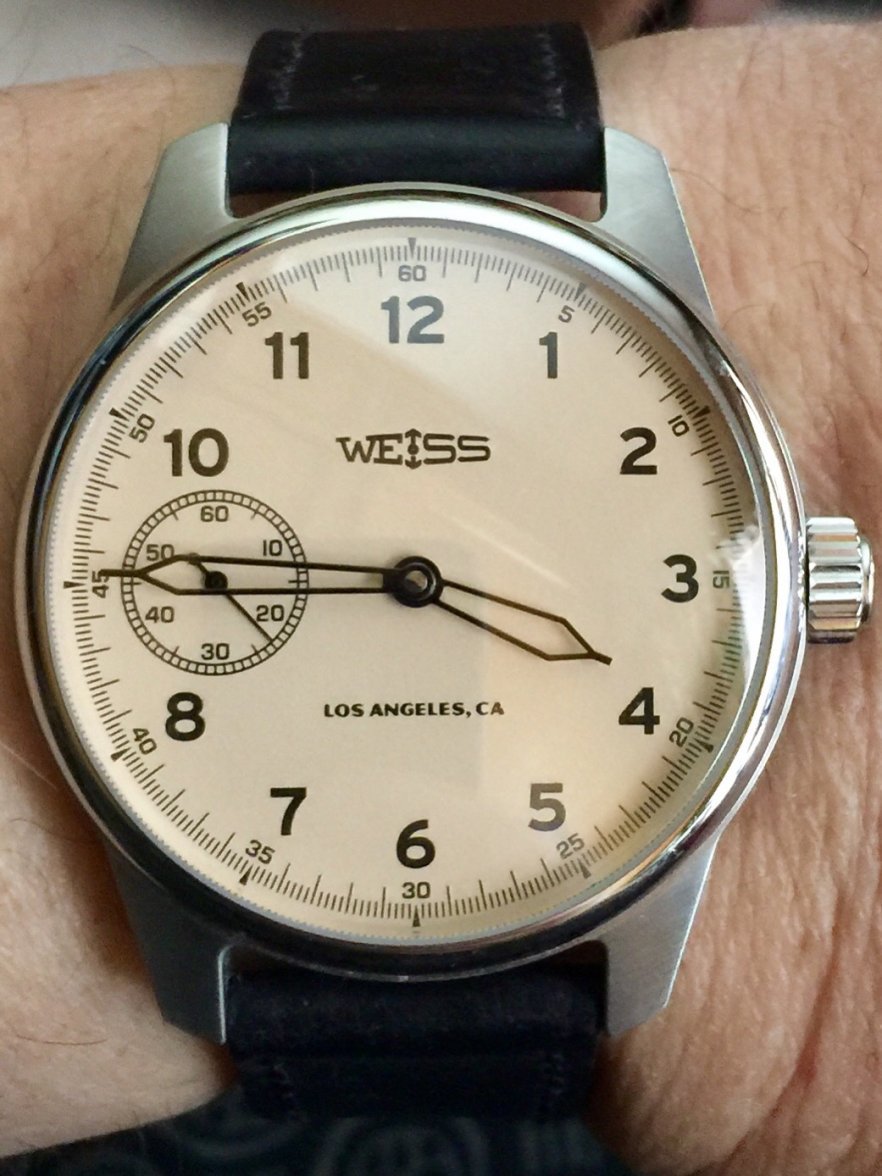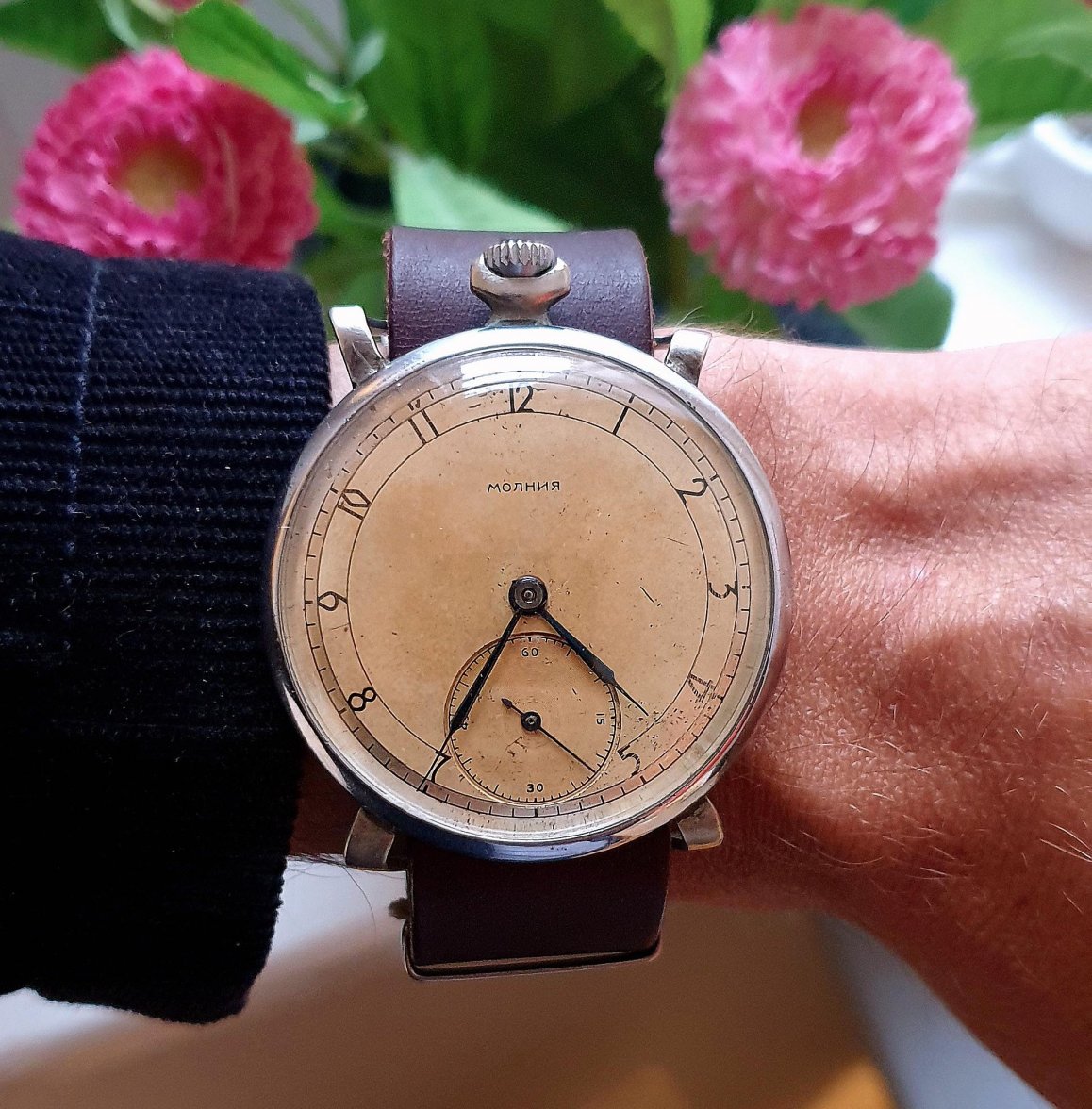For me personally, once you buy something, it's yours. If you want to modify it, or smash it with a hammer, that's your choice.
As long as it's not something museum worthy, and you aren't modding it to deceive anyone, then I'm quite okay with it….
But Omega also has no say when I sell one of their vintage watches here on OF. Or when a grey market dealer does same with a modern watch. Seems to all come down to whether the folks repurposing the movements venture into somehow misrepresenting the nature of the watch or it’s relationship to Omega.
I'd say that regarding these particular watches, I think
it is a shame that they use scarce movements which could otherwise act as donors for rare, cosmetically original watches. Had it been a "standard" 30mm movement, I would be much less opposed.
Seems to be broad agreement that when you purchase a watch (or watch parts) you’re largely free to do whatever the hell you choose, strictly speaking (other than attempt to deceive). But nonetheless and despite this general rule, our hobby’s sentimentality (is it?) disfavors the use of a scarce horological resource to do anything other than further the preservation of historically accurate watches. Could there be something that trumps ownership, and becomes more akin to cultural stewardship?
Rather than pure sentimentality, an argument could be made that somewhere in this gut feeling of collectors is a notion like that underlying
The Hague Convention for the Protection of Cultural Property in the Event of Armed Conflict - (i.e., the rules that disallow countries at war from destroying one-another’s museums and significant cultural sites) - which boils down to it’s preamble view that:
“
... any damage to cultural property, irrespective of the people it belongs to, is a damage to the cultural heritage of all humanity, because every people contributes to the world's culture..."
Only to suggest that there is some precedent for the feeling that certain items are of enough historical (and so cultural) significance that mere ownership may be trumped by something like stewardship.
But that seems to be a prohibition on destruction?
Academic musing aside, in the present instant of these rare movements being cosmetically altered and used in non-original caseworks, I suppose that while some of the cosmetic alterations may be irreversible (?), in theory these movements (or many of their parts) could in the future still be used to maintain other movements? They’re not exactly being destroyed, are they.
Which is to say, these folks aren’t smashing the movements with hammers, nor are they - for the most part - absolutely prohibiting the future use of the movements for restorative purposes. I suppose if I owned one of these movements and merely asked an unreasonably high purchase price I’d be “taking it out of circulation” to the same degree, even though not altering it.
Well, this has been fine procrastination of a garage that won’t be cleaning itself, will it.


